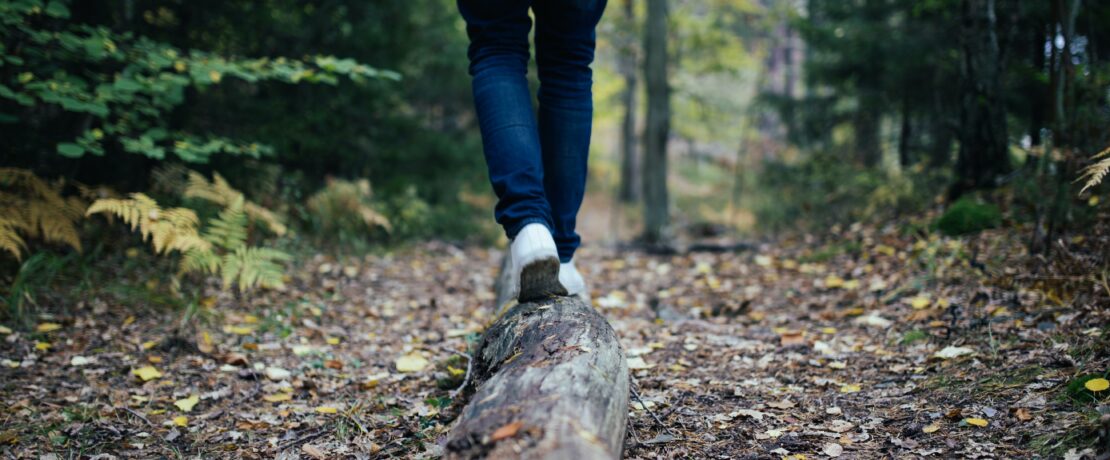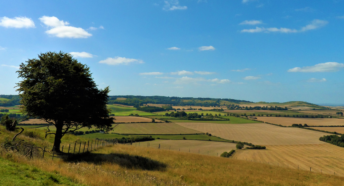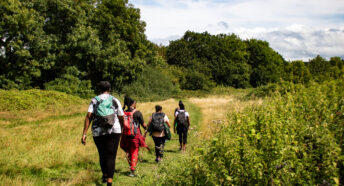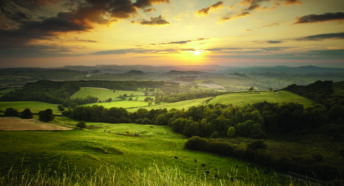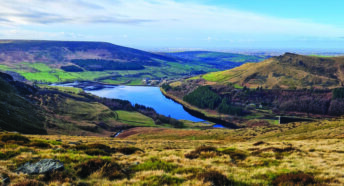Mental health and green spaces
Being in nature can have a positive impact on our health and wellbeing, but what if this feels out of reach? With support from mental health professionals, we explore what more needs to be done to help everyone feel able to access green spaces to support their health and wellbeing.
Each year World Mental Health Day is celebrated on 10 October, an opportunity to raise awareness of mental health and support positive change. We know that being in nature can improve our health and wellbeing – both physical and mental – so it makes sense that improving mental health is connected to getting outside into green spaces, and engaging with nature as often as possible. In Scotland, you can even receive a nature prescription for both physical and mental illness, and England may not be too far behind.
Why do we need to get outside?
In The Nature Fix, Florence Williams writes: ‘Everyone needs access to clean, quiet and safe natural refuges… Short exposures to nature can make us less aggressive, more creative, more civic-minded and healthier overall.’ She cites numerous studies on the impact of being in nature, from the Finnish ‘five hours per month’ recommendation for baseline health to Japanese studies that have shown lower stress ‘among forest walkers but not city walkers.’ For some who live in rural areas, spending ten minutes per day walking near trees might seem an easy task, but what about those living in urban environments? What about those who are unable to access green spaces?
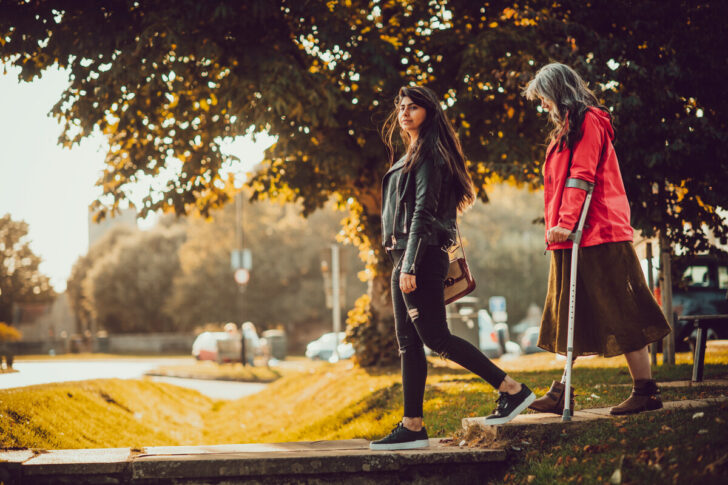
Why green spaces are the key
CPRE’s work on Local Green Spaces (LGS) highlights the value of green spaces both to people and the natural world. With deprivation strongly correlated to poor access to green spaces, local authorities must recognise their potential, not just for health and wellbeing, but environmentally as well. Communities need to be empowered to protect the green spaces that give them space to thrive. If this year’s World Mental Health Day theme – ‘Mental health is a universal human right’ – is to ring true, access to green spaces needs to be prioritised for all.
Mind over Mountains is a charity which supports people with mental health difficulties using the restorative properties of the natural world and walking, coupled with professional wellbeing support and mindfulness. Alex Staniforth, its founder, says: ‘Mind Over Mountains runs walks and retreats where participants get the opportunity to explore beautiful parts of the UK countryside while being accompanied by skilled counsellors and coaches who walk, talk and, most importantly, listen.’
The charity’s CEO, Ian Sansbury, adds, ‘The Mind Over Mountains experience goes beyond merely offering a chance to enjoy nature; it provides individuals with the tools and strategies needed to move forward in life and improve their ongoing mental health. In line with World Mental Health Day’s theme of mental health being a universal right, Mind Over Mountains is extending its reach, running walks and retreats not just for individuals, but also for organisations and groups including the emergency services, asylum seekers, students, and businesses. We are finding more and more organisations are recognising the importance of the mental health of their whole teams.’
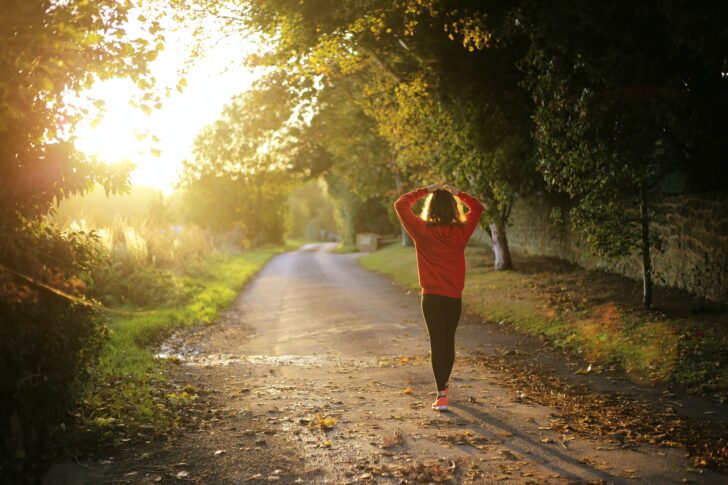
Access to help and healing through nature is not possible for many seeking mental health support. A myriad of reasons prevent this, from poor public transport to financial struggles, from a lack of urban green spaces to a lack of inclusivity. Katy Askew Gillott, an outdoor therapist working in the Peak District, shares why this is troubling:
‘Outdoor therapy can offer clients an abundance of important therapeutic experiences. It might offer clients alternative models for living; nature moves at a different pace, most often much slower, and yet for the most part it still thrives. Or nature might model self-acceptance; a tree isn’t ashamed of its weather marks or age, for example. Other times working outside might shine a light on the client’s internal world; a client’s response to parts of nature tells a story about relationships in other parts of their lives. These powerful experiences are not possible in an indoor therapy setting. Without doubt, good mental health is a universal right and this right is under threat when humans experience green space poverty. In current times, this includes far, far too many.’
Why green spaces aren’t always accessible
Even when green spaces are available, it doesn’t always mean they are safely accessible. In some areas, for instance, woodlands are often neglected, vandalised, or claimed as a meeting place for troublemakers. Walking in these spaces can feel unsafe, particularly for those who are targets for discrimination, and more support is needed to nurture these existing green spaces, perhaps even tapping into their wisdom as a pathway forward. Francesca Lo Verso, a counsellor from Glasgow shares her perspective:
‘In my work as a counsellor, enquiries about discrimination, oppression, suffering and safeguarding rights mean something different when welcoming nature into these discourses. We open up and question our hierarchies and biases in new ways. Nature has taught me what the real meaning of mutuality and reciprocity is and the importance of accepting and protecting what is different. We need each other the way we are to survive, and most and foremost, we need safety to thrive.’
It’s all well and good pointing out the mental health benefits of being in nature, and recommending we spend more time there, but if we can’t all safely access green spaces, we cannot expect to collectively thrive. Mental health should absolutely be a universal human right, but this is only possible if we seek positive change, looking to nature, considering what it can teach us, and how it can help us.
Find out more
If you would like to find out more about World Mental Health Day, or if you are seeking support for your own mental health, visit www.mentalhealth.org.uk.
